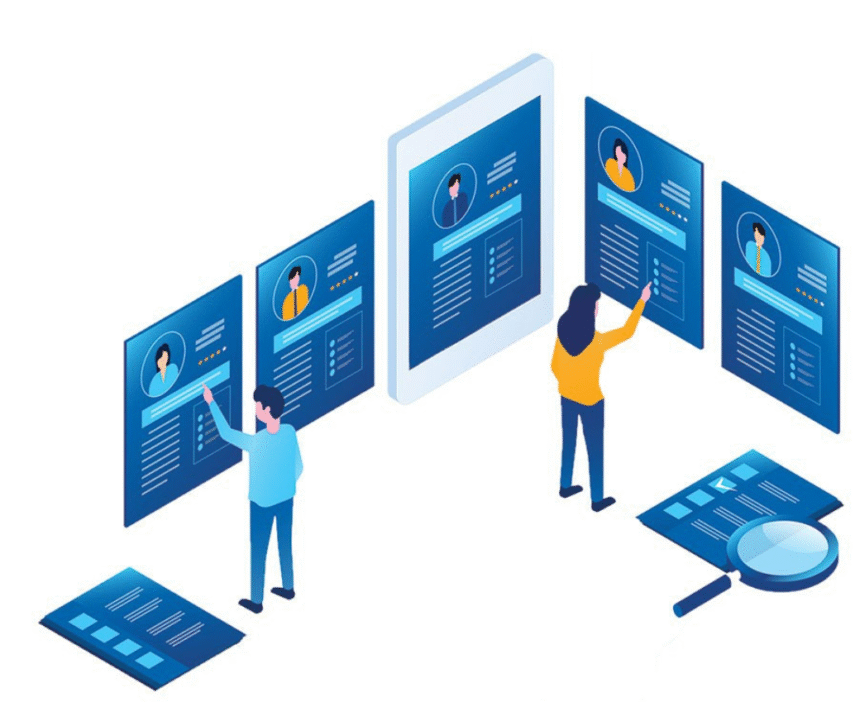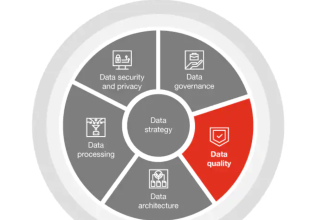Background checks are a vital step in employment decisions, protecting organizations from unnecessary risks and strengthening workplace integrity. Employers rely on these checks to confirm qualifications, past experiences, and any potential issues that may affect job performance. Each industry applies its methods depending on regulations, job responsibilities, and safety requirements.
These requirements highlight the importance of adapting screening procedures to meet sector-specific demands. For instance, financial institutions focus heavily on trustworthiness, while healthcare organizations emphasize patient safety. This demonstrates how different screening levels influence timelines, depth, and scope of background verification. In this article, industries ranging from healthcare to technology will be examined to show how screening practices vary.
Healthcare and Patient Safety
Healthcare settings demand the highest levels of scrutiny due to direct interactions with patients. Background checks in this field typically include license verification, criminal history searches, and drug testing. These measures ensure that vulnerable individuals receive care from trustworthy professionals.
Institutions often implement additional checks, such as reference reviews, to further evaluate reliability. Even minor lapses in screening could compromise patient welfare. For this reason, healthcare remains one of the strictest sectors in terms of verification requirements.
Finance and Data Protection
Financial institutions prioritize protecting assets and sensitive information. Screening often involves credit history reviews, employment verification, and detailed criminal background checks. These measures help reduce risks associated with fraud or theft.
Employees in these roles handle transactions and sensitive client data, which demands high levels of accountability. Stringent checks protect organizations and also maintain trust among stakeholders and regulatory bodies. Such diligence ensures financial institutions uphold both security and professional credibility.
Education and Child-Centered Roles
Educational institutions must guarantee the safety of students. Criminal history checks, particularly those focused on offenses involving children, are essential in this sector. Institutions frequently require reference checks to assess character and behavior.
Beyond criminal records, schools often verify academic achievements to ensure staff members are fully qualified. These steps create a secure environment for learners and reassure parents about the integrity of their chosen institution. Thorough screening also strengthens community confidence in the institution’s commitment to student welfare.
Industrial and Manufacturing Fields
Industrial workplaces prioritize physical safety alongside compliance with labor standards. Background checks may include medical evaluations, drug testing, and previous employment verification. These layers reduce the chance of workplace accidents and ensure operational reliability.
Employers within these fields often follow strict regulatory guidelines to avoid legal penalties. Screening ensures that staff are physically capable of performing demanding tasks and meet established safety standards consistently. This process reduces workplace hazards and promotes long-term operational stability.
Technology and Information Security
The technology sector places a strong emphasis on protecting intellectual property and data security. Screening typically involves education verification, prior employment checks, and sometimes financial responsibility reviews. Positions that involve direct access to sensitive systems undergo heightened evaluation.
Security breaches caused by insider threats pose significant risks. Comprehensive screening mitigates this risk by ensuring individuals align with both organizational needs and ethical standards. This approach supports trust between companies and their clients.
Hospitality and Guest-Facing Roles
The hospitality sector depends on trust and professionalism, as employees interact directly with guests daily. Screening in this industry often includes criminal history checks, identity verification, and sometimes drug testing to ensure safety and reliability. These checks help prevent incidents that could damage a company’s reputation.
In addition to safety, employers frequently focus on character and customer service references. A candidate’s attitude and reliability are as important as technical skills. This approach ensures guests experience both security and high-quality service.
Each industry applies background checks differently, reflecting the unique risks and responsibilities of its roles. By recognizing how different screening levels apply across sectors, organizations can align hiring practices with regulatory obligations while maintaining workplace trust. In the end, tailored screening enhances safety, compliance, and long-term success.














